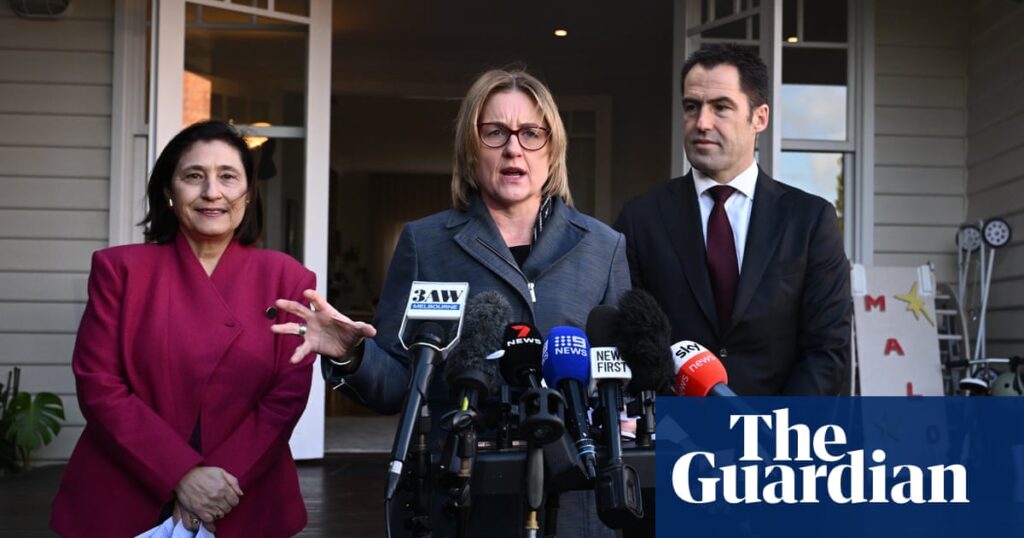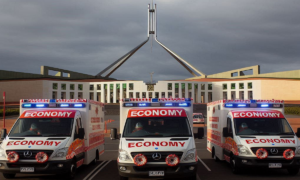
In a significant move towards sustainability, the Victorian government has announced a plan to phase out gas heating and hot water systems in new homes and commercial buildings, including schools and hospitals, starting from January 1, 2027. This decision, part of a broader strategy to reduce reliance on fossil fuels, aims to transition households and businesses towards electric systems, thereby cutting energy bills and promoting environmental health.
The Allan Labor government’s announcement marks a pivotal shift in energy policy, as Victoria seeks to reduce its dependency on gas. While new agricultural and manufacturing buildings are exempt due to their specific industrial needs, the policy mandates that rental properties, including public housing, transition to electric appliances once existing gas systems reach the end of their life, beginning March 1, 2027. Owner-occupiers face a similar requirement, though initially only for hot water systems.
Energy Efficiency and Economic Implications
Landlords will be required to undertake energy efficiency improvements, such as installing efficient electric cooling systems or reverse-cycle air conditioners, sealing external doors, windows, and wall vents, and ensuring proper ceiling insulation. These measures are expected to enhance temperature regulation in homes, leading to healthier living environments and reduced energy costs.
The rationale behind this transition is threefold. Firstly, despite being marketed as “natural” and “clean,” gas is predominantly methane, a potent greenhouse gas. As the electricity grid increasingly relies on renewable energy, electric appliances are deemed more environmentally friendly, aligning with the goal of achieving net-zero emissions.
“Electrification of appliances should save households nearly $1,000 annually on energy bills,” according to recent analyses.
Secondly, the economic aspect cannot be overlooked. Although the initial costs of new systems may be high, the Victorian policy mitigates this by offering rebates and allowing gradual transitions as existing systems phase out.
Victoria’s Gas Supply Challenges
Victoria’s reliance on gas has been historically significant, with about three-quarters of homes connected to the gas network. However, the state’s gas reservoirs in Bass Strait are depleting, and new sources are costly. The government’s proposal to install a 20-year floating liquefied natural gas (LNG) import terminal near Geelong underscores the urgency of reducing gas consumption to preserve it for essential industrial processes.
Despite the potential for more aggressive measures, such as requiring electric heaters in owner-occupied homes, the government’s decision not to include gas cookers in the ban reflects a balanced approach. The policy has faced criticism from some sectors, including the Victorian Chamber of Commerce and Industry, which argues that it unfairly targets landlords.
Support and Criticism
Amidst a backdrop of aggressive pro-gas lobbying, the government’s stance has been praised by environmental advocates and some industry stakeholders. Organizations like Friends of the Earth and Environment Victoria commend the policy for prioritizing the interests of households and business owners over gas corporations.
Juanita Pope, head of the Victorian Council of Social Service, described the new rental standards as “a major win” that could “literally save lives.”
However, the Australian Gas Networks-sponsored MasterChef Australia and certain media outlets have been criticized for promoting unsubstantiated claims about “renewable gas.”
A Nation-Leading Reform
The policy’s success is attributed largely to Lily D’Ambrosio, Victoria’s energy and climate minister, whose leadership and collaboration with the plumbers’ union and conservation organizations were instrumental. The Energy Efficiency Council’s chief executive, Luke Menzel, lauded the initiative as a “nation-leading reform” that sets a precedent for other states.
While some elements, like the mandatory phasing out of gas space heaters, were not included, the overall package is seen as a bold step forward. As Victoria navigates the complexities of energy transition, this policy represents a promising start towards a more sustainable future.







